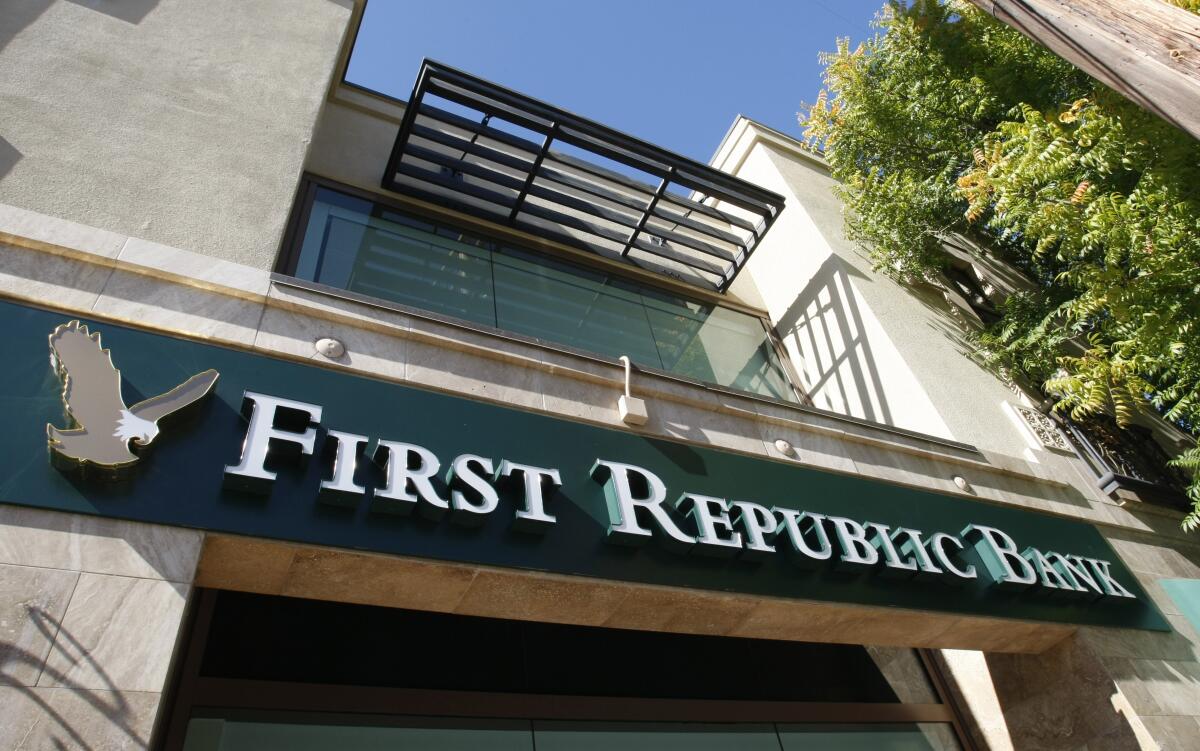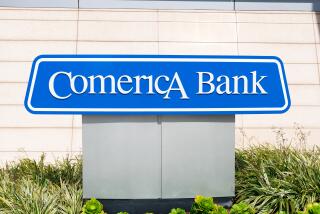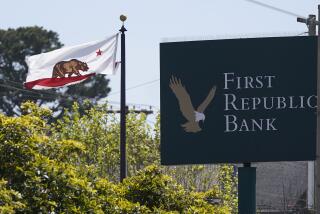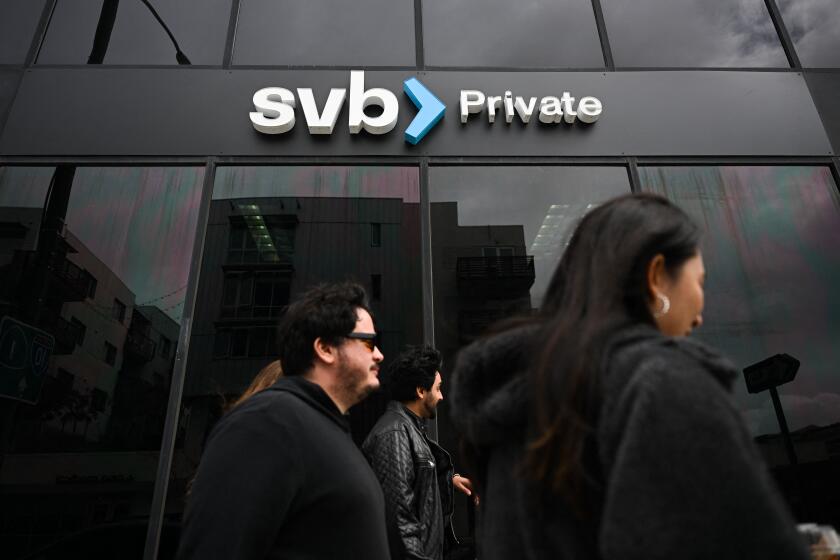First Republic Bank plunges on report of buyers for new shares

First Republic Bank shares slumped to an all-time low on a report that advisors have lined up potential buyers of new stock as part of a rescue plan for the beleaguered lender.
Advisors will try to persuade big U.S. banks who have already bailed First Republic out once to purchase bonds from the San Francisco-based company at above-market rates for a total loss of a few billion dollars, less than the Federal Deposit Insurance Corp. fees associated with any First Republic failure, CNBC reported Wednesday. As part of that plan, the advisors have already lined up possible purchasers for new shares, CNBC said, citing sources it didn’t identify.
First Republic shares slid as much as 41% to a record intraday low Wednesday morning, and were down 18% to $6.68 at 11:58 a.m. Eastern. They’ve declined 95% this year.
While “regulators do not act based on stock prices” a steep decline “could raise questions on the ability of a bank to raise fresh capital,” TD Cowen analyst Jaret Seiberg said in a note to clients Wednesday. “We believe there will have to be a broader restructuring of First Republic led by the biggest banks, which have deposited $30 billion in the bank.”
A representative for First Republic didn’t respond to a request for comment from Bloomberg News.
Critics of the government response to the Silicon Valley Bank collapse say it’s a taxpayer-funded bailout. They’re wrong.
Last month, First Republic staved off a potential collapse after a group of 11 bigger financial firms agreed to park a combined $30 billion in deposits with the lender. JPMorgan Chase, Bank of America, Citigroup and Wells Fargo each contributed $5 billion of uninsured deposits each, while other banks deposited smaller amounts as part of a plan devised along with U.S. regulators.
Any restructuring led by giant U.S. lenders “could still take days or weeks or months as the banks try to understand what value there is in the franchise and what loss they would be willing to absorb,” Seiberg wrote. “These banks have an incentive to deal as the political fallout of the FDIC making them whole on their $30 billion of deposits could be serious.”
More to Read
Inside the business of entertainment
The Wide Shot brings you news, analysis and insights on everything from streaming wars to production — and what it all means for the future.
You may occasionally receive promotional content from the Los Angeles Times.
















